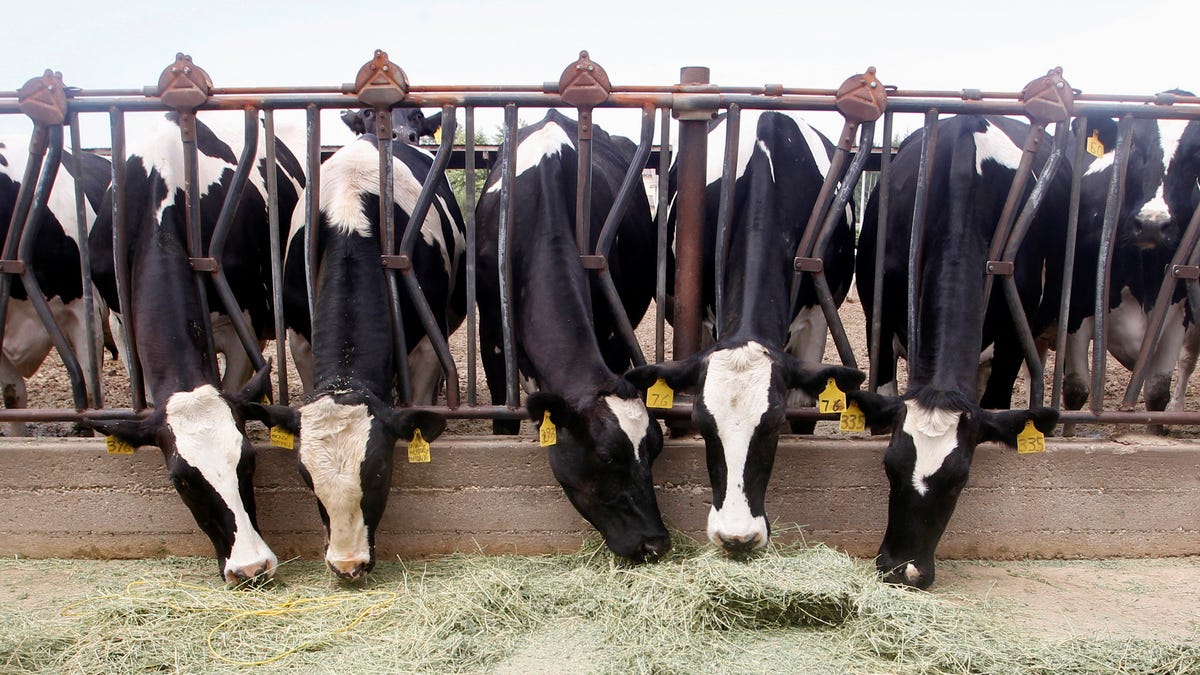
Moderna is in discussions with the U.S. government to advance its mRNA H5N1 bird flu vaccine, mRNA-1018, after confirming that funding from the Biomedical Advanced Research and Development Authority (BARDA) could come as soon as next month. The potential deal includes a commitment to purchase doses if final-phase studies are successful.
The H5N1 bird flu virus has been spreading rapidly among poultry and cattle in the United States, with two human cases reported so far. Moderna has already completed dosing for early-stage trials of mRNA-1018 and expects to have data soon.
Researchers at the University of Pennsylvania are also developing their own mRNA vaccine to combat the spread of H5N1. Traditional bird flu vaccines, which are made by injecting fertilized chicken eggs with a dominant viral strain, can take up to six months to produce. However, mRNA vaccines can be produced as soon as scientists sequence the DNA of a virus and instruct cells to produce a protein that will trigger an immune response against the virus.
The U.S. government is also in discussions with Pfizer about an mRNA bird flu vaccine, according to Reuters.
Moderna stock rose about 3% during pre-market trading on Thursday following the news of potential government funding for its bird flu vaccine trial.
U.S. officials are weighing whether to vaccinate workers that are in close contact with the virus, and a second dairy farm worker was reported to have been infected with the virus this month.
The U.S. has moved forward with filling about 4.8 million doses of bird flu vaccine into vials from a national stockpile of bulk vaccines.


